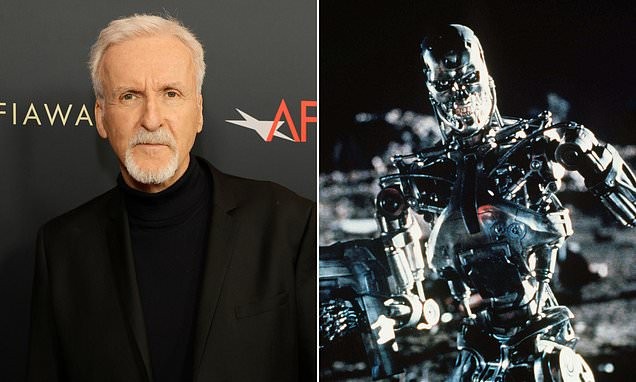
Hollywood heavyweight James Cameron is exploring how artificial intelligence could revolutionize the film industry by potentially slashing production costs of major blockbusters by 50 percent.
The acclaimed director of "Avatar" and "Titanic" shared his vision during a recent appearance on Meta CTO Andrew Bosworth's podcast "Boz to the Future," where he discussed his role on the board of AI company Stability AI.
Cameron emphasized that implementing AI in visual effects workflows could dramatically improve efficiency without reducing staff. "We've got to figure out how to cut the cost in half," he said. "That's not about laying off half the staff at the effects company. That's about doubling their speed to completion on a given shot."
The director pointed out that faster completion times would allow artists to take on more creative projects, increasing overall productivity while maintaining quality standards that audiences expect from films like "Dune" or his own productions.
However, Cameron expressed reservations about certain AI applications, particularly the trend of creating content "in the style of" specific directors. "That makes me a little bit queasy," he admitted, while acknowledging that creative inspiration has always been part of filmmaking.
Regarding AI regulation, Cameron suggested focusing on output rather than input monitoring. "As a screenwriter, as a filmmaker, if I exactly copy Star Wars, I'll get sued," he explained, drawing parallels between human creativity and AI development.
The director noted that major tech companies like OpenAI and Meta aren't primarily focused on Hollywood applications. Instead, he believes smaller, specialized AI developers will likely create the tools needed for specific filmmaking challenges.
Cameron is currently working on "Avatar: Fire and Ash," set for a December release, which will notably include a disclaimer stating that no generative AI was used in its production.